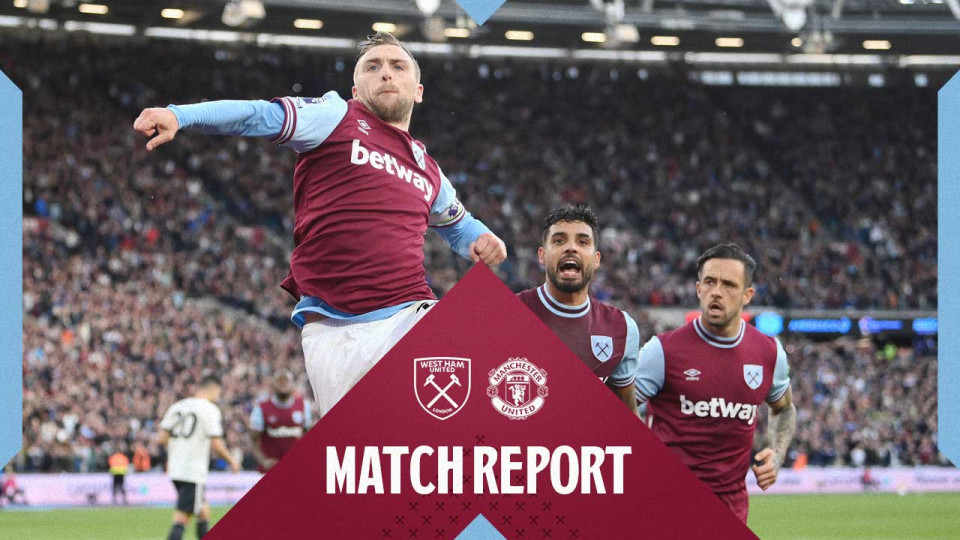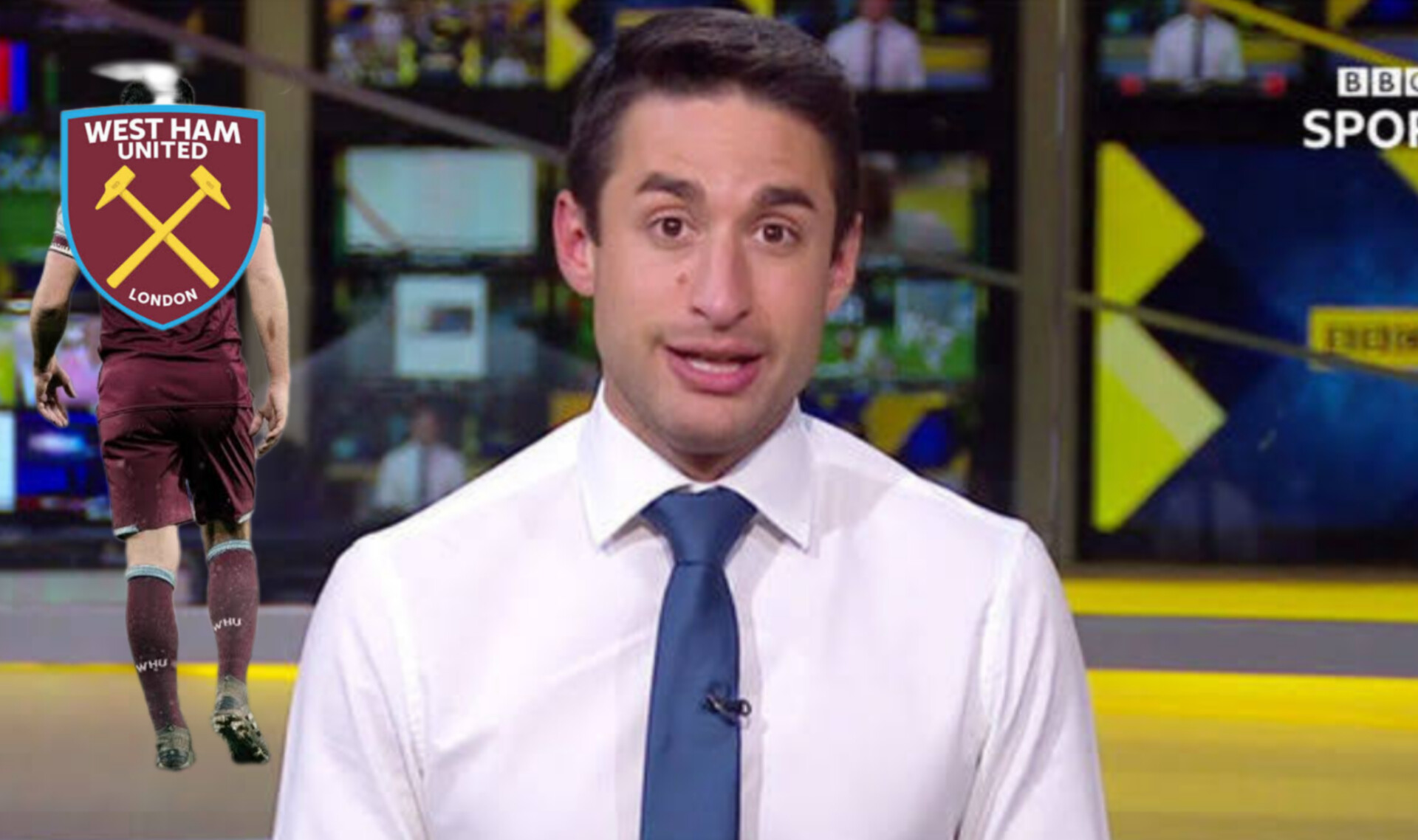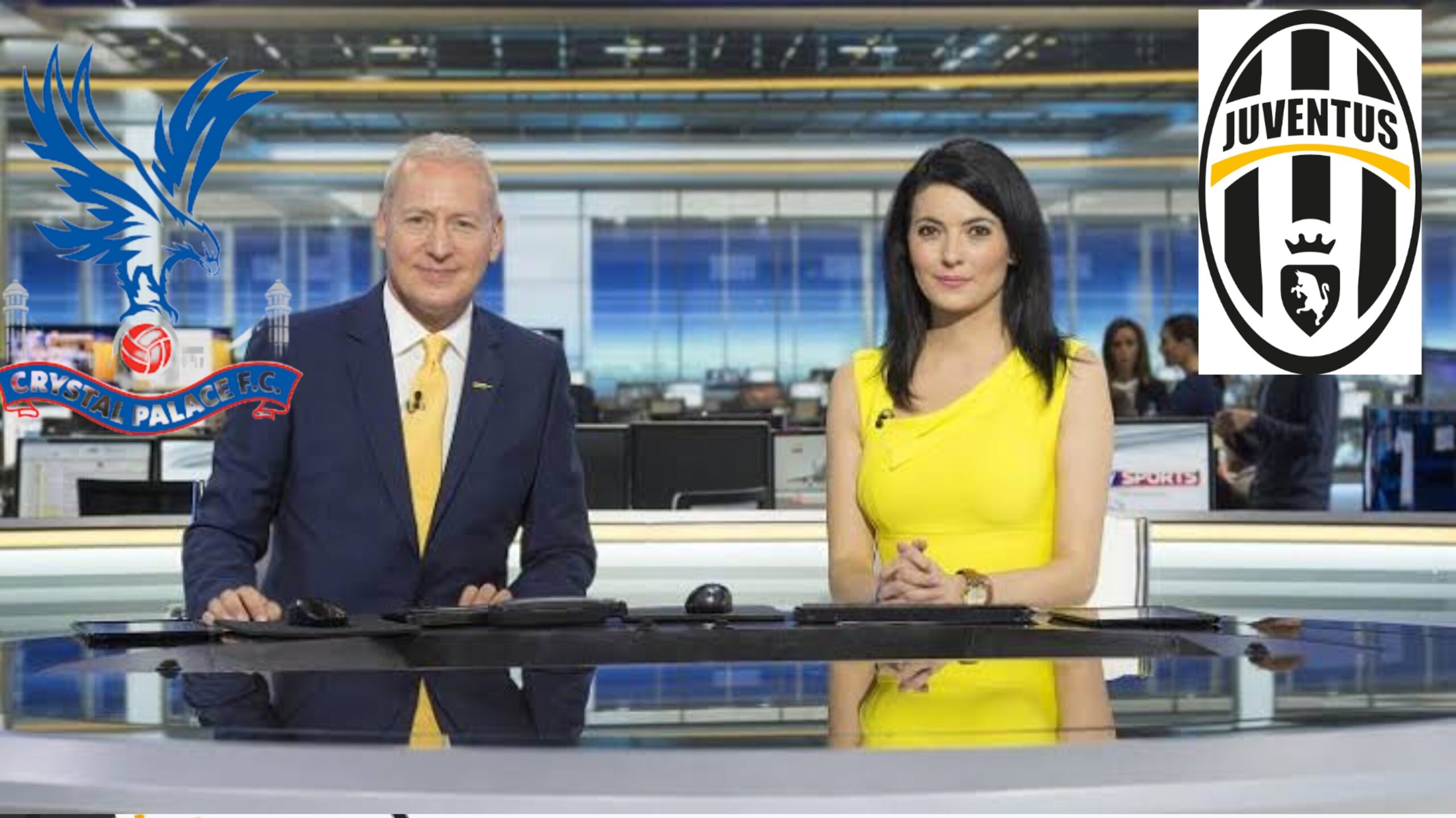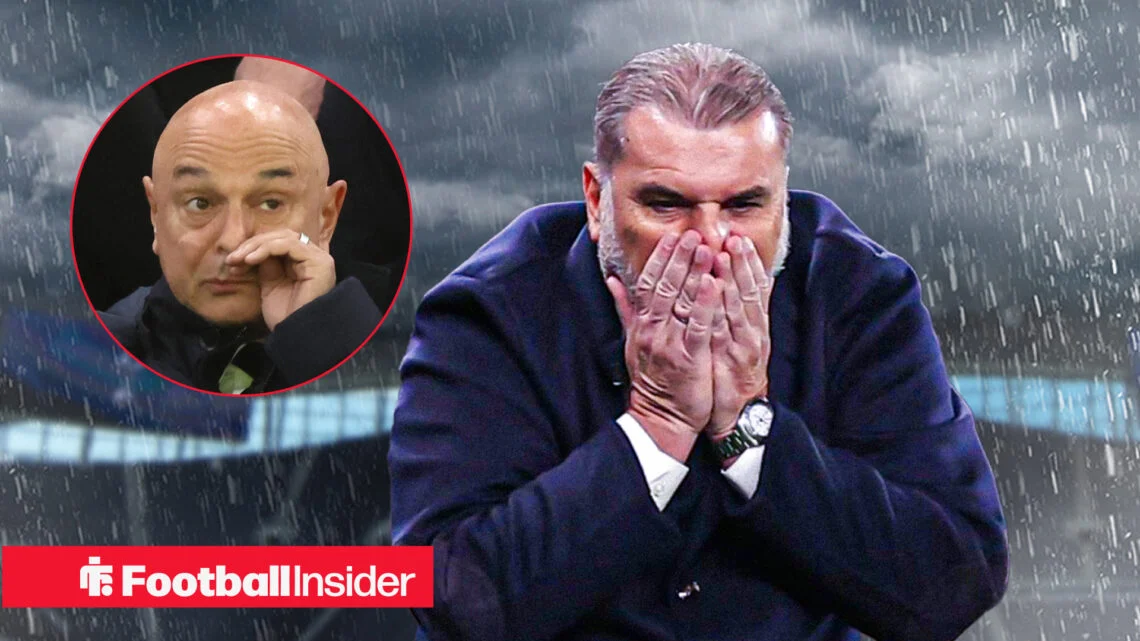In a pulsating Premier League encounter that epitomized the unpredictable nature of English football, West Ham United orchestrated a remarkable 2-1 victory over Manchester United at the London Stadium, leapfrogging their illustrious opponents in the league standings through a combination of resilience, tactical adjustment, and late-game drama.
The match’s narrative arc proved particularly compelling, with West Ham’s triumph featuring the stunning first goal in Claret and Blue for Crysencio Summerville and a pressure-packed penalty conversion from Jarrod Bowen in stoppage time. However, this straightforward summary barely scratches the surface of what proved to be an afternoon of extraordinary tension and tactical evolution.
The first half painted a picture of Manchester United dominance that somehow failed to translate into tangible rewards. The visitors unleashed an impressive barrage of eight attempts on goal compared to West Ham’s solitary effort, with Łukasz Fabiański emerging as the host’s guardian angel. The Polish goalkeeper’s repertoire of saves proved crucial, particularly his leg save against Rasmus Højlund and a spectacular full-stretch denial of Casemiro’s powerful header.
Manchester United’s profligacy was further emphasized by Alejandro Garnacho striking the crossbar within the opening two minutes, while both Bruno Fernandes and Garnacho squandered additional opportunities. Perhaps the most glaring miss came from Diogo Dalot, who somehow failed to convert after rounding Fabiański. West Ham’s only noteworthy response in this period came through Lucas Paquetá’s looping header that landed harmlessly on the roof of the net.
The tactical watershed moment arrived at halftime when Lopetegui executed a triple substitution, introducing Jean-Clair Todibo, Tomáš Souček, and Summerville in place of the cautioned duo of Mavropanos and Paquetá, along with Carlos Soler. This bold strategic reshuffle proved transformative, immediately injecting greater dynamism into West Ham’s play.
The second half witnessed a gradual shift in momentum, with West Ham’s growing confidence manifesting through increased attacking intent. Summerville, Wan-Bissaka, and Antonio began to pose regular threats, while Manchester United’s earlier fluency started to desert them. The breakthrough arrived in the 74th minute through a sequence that epitomized the hosts’ improved cohesion – Rodríguez finding Bowen, whose cross led to a scramble that Summerville eventually converted.
However, the drama was far from over. Manchester United’s response came through their own effective use of substitutes, with Amad’s cross leading to a well-worked headed goal from Casemiro. This equalizer set the stage for an intense finale that would ultimately be decided by referee David Coote’s intervention and the VAR system.
The decisive moment arrived when Danny Ings, himself a substitute, earned a penalty through a challenge from Matthijs de Ligt. The subsequent VAR review and Manchester United’s protests only served to heighten the tension before Bowen demonstrated remarkable composure to convert the spot-kick deep into added time.
The extended 14 minutes of additional time tested West Ham’s resolve to its limits, but they emerged victorious in a match that showcased both teams’ strengths and vulnerabilities. For West Ham, it represented a significant scalp and a validation of Lopetegui’s tactical acumen, particularly in his brave halftime reorganization.
The victory was especially significant given the historical context of matches between these teams and West Ham’s recent struggles to maintain clean sheets. While they ultimately couldn’t secure one here, their ability to overcome adversity and secure three points against a traditional powerhouse marks another step forward in their evolution under Lopetegui’s stewardship.
The result not only improved West Ham’s league position but also provided evidence of their growing tactical maturity and squad depth, with substitutes playing crucial roles in transforming the match. For Manchester United, it represented another setback in their inconsistent campaign, raising questions about their ability to capitalize on periods of dominance and maintain performance levels throughout ninety minutes.






